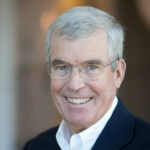It is deemed a great honor to be one of the 47 fourth-year students at the University of Virginia awarded a residence on the Lawn, Thomas Jefferson’s architectural masterpiece and World Heritage site. A committee of 60 students selects the residents from a pool of applicants, in theory based on their record of “unselfish service and achievement in their respective fields of activity and academics.”
But when the Cavalier Daily published an article yesterday providing the racial/ethnic background of the individuals who were offered a spot on the Lawn next year, it didn’t emphasize their accomplishments. Rather, drawing from data provided by Dean of Students Allen Groves, the article focused on the increased demographic “diversity” of the Lawn residents.
“Students of Color” received nearly 60% of the offers this year, compared to only 30% last year, reported the student-run newspaper.
The dramatic one-year shift in the racial/ethnic composition of Lawn residents raises the question of whether race and ethnicity has become an explicit but not-stated-publicly criteria for selection. Continue reading


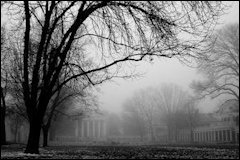 by James A. Bacon
by James A. Bacon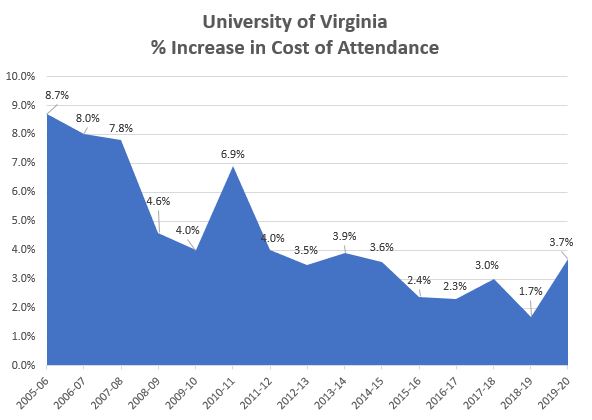
 by Walter Smith
by Walter Smith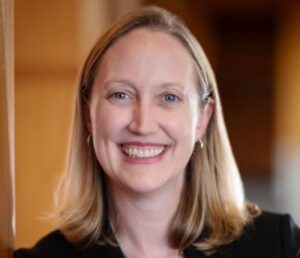
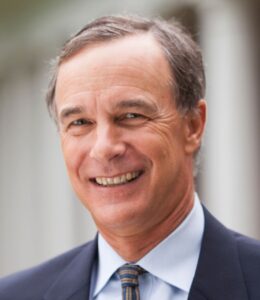
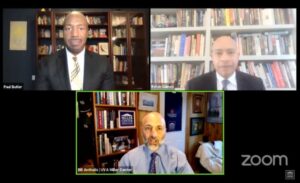 The University of Virginia’s Miller Center kicked off 2021 with a virtual discussion entitled, “Race Relations and Criminal Justice in the New Year.”
The University of Virginia’s Miller Center kicked off 2021 with a virtual discussion entitled, “Race Relations and Criminal Justice in the New Year.”